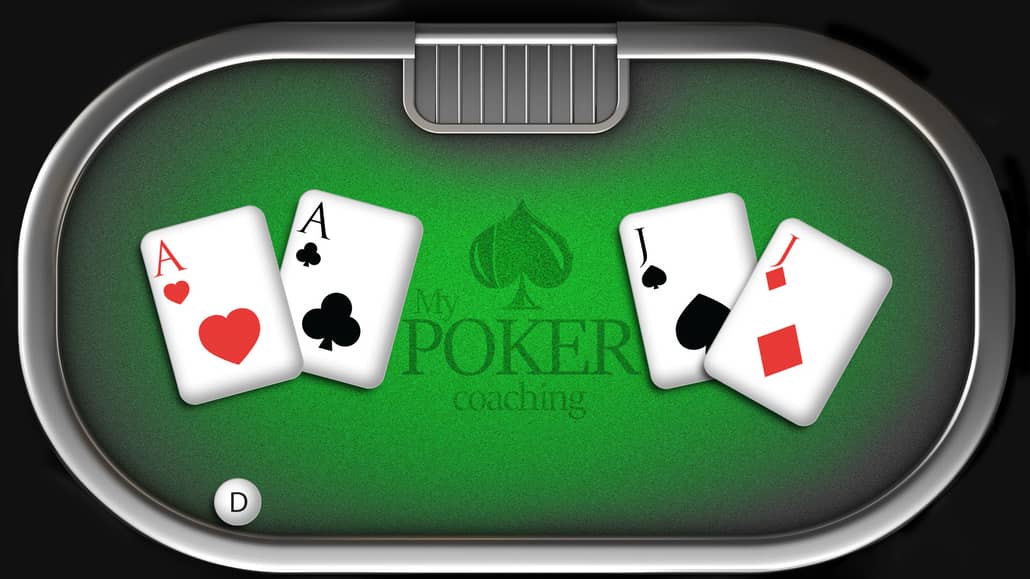With the rise of online poker, more and more players are trying their hand at the virtual felt. Whether you’re a complete beginner or an experienced player looking to take your game to the next level, having a solid poker strategy is crucial. In this article, we’ll discuss strategies that can help you go from a beginner to a pro in the world of online poker. Understand the Basics: If you’re new to poker, it’s essential to familiarize yourself with the basic rules and hand rankings. Learn the different poker variations and their specific rules. Understanding the fundamentals will provide a strong foundation for your future strategy development. Start Small: As a beginner, it’s advisable to start with low-stakes games or play-money tables. This allows you to gain experience and develop your skills without risking significant amounts of money. Focus on learning the game, observing your opponents, and making good decisions based on the information available.
Learn Hand Selection: One of the key aspects of a successful poker strategy is knowing which hands to play and which to fold. Avoid the temptation to play every hand and instead focus on playing strong starting hands. As you gain experience, you can expand your range and adjust your hand selection based on different factors such as position and table dynamics. Understand Positional Play: Position is crucial in poker. The later you act in a hand, the more information you have about your opponents’ actions. Use this information to your advantage by playing more hands in late position and being more selective in early position. Positional awareness is a key characteristic of a pro player. Develop a Solid Bankroll Management Plan: Proper bankroll management is essential for long-term success in poker. Set aside a specific amount of money for your poker activities and avoid risking more than a small percentage of your bankroll in a single game or tournament.
This approach minimizes the risk of ruin and allows you to withstand the natural variance of the game. Study and Analyze: Poker is a game of skill, and continuous learning is vital for improvement. Study books, watch training videos, and analyze your own play using software tools. Look for patterns in your opponents’ behavior, review your hand histories, and poker online identify areas where you can make adjustments to exploit your opponents’ weaknesses. Practice Discipline and Emotional Control: Poker can be a mentally challenging game, and it’s crucial to remain disciplined and control your emotions. Avoid tilt (emotional reactions to bad beats or losses) and make rational decisions based on the information available. Developing mental toughness is a hallmark of a pro player. Adapt to Different Opponents: Poker is a dynamic game, and your strategy should adapt to the playing styles of your opponents. Some players are loose and aggressive, while others are tight and passive. Observe your opponents’ tendencies and adjust your play accordingly to exploit their weaknesses.




